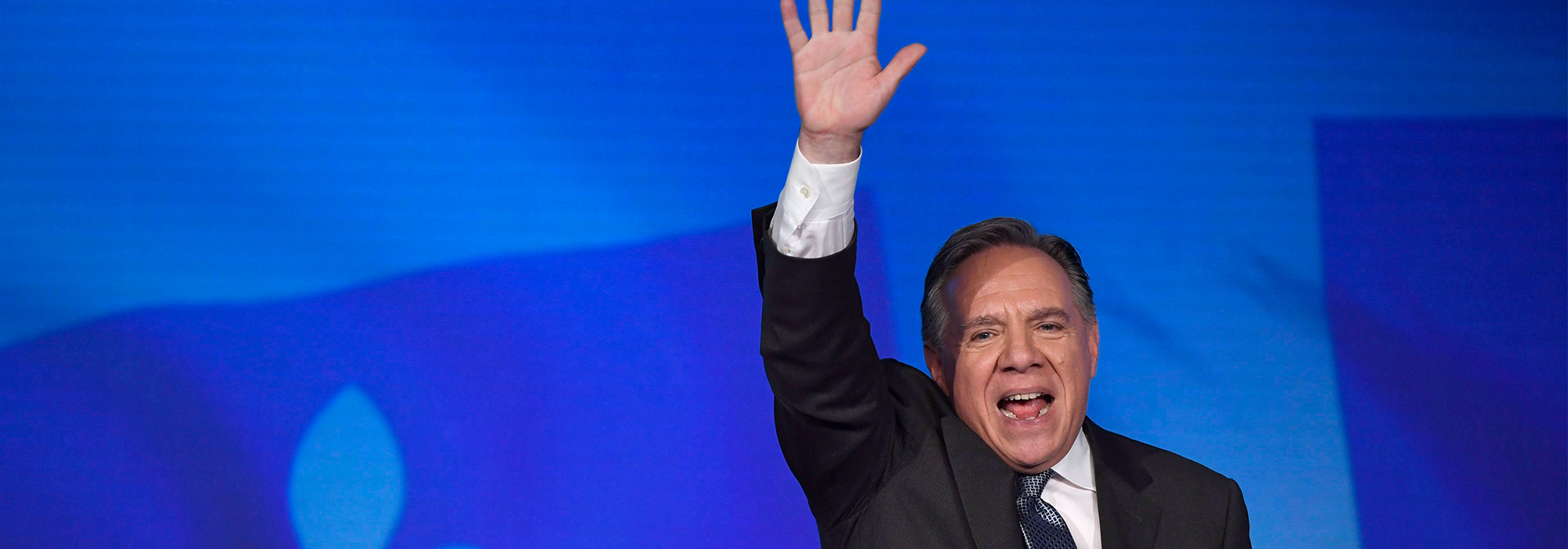
The outcome of the 2018 Quebec election was a surprise: Coalition Avenir Québec beat the Quebec Liberal Party by 12.6 percentage points, for a majority government. Not only did pollsters fail to predict this result, but the gap between the polls and the actual vote for the leading parties was the largest recorded in Quebec political polling history.
Claire Durand joins the podcast to discuss what went wrong with the pollsters’ predictions, the national and international context for political polling, and why accurate polling matters.
Claire Durand is a professor in the Department of Sociology at Université de Montréal and president of the World Association for Public Opinion Research. Her research focuses on the impact of methodologies on pre-election polling estimates.
Read her Policy Options article Quebec 2018: A tough night for pollsters in English and French. And if you’re in Montreal on November 27, don’t miss the Institute for Research on Public Policy’s 5 à 7 to discuss Quebec’s new political landscape.
Download for free. New episodes every second Wednesday. Tweet your questions and comments to @IRPP or @madihaslam.
Photo: Coalition Avenir Québec leader Francois Legault speaks to supporters from the podium as he celebrates after winning the Quebec Provincial election on October 1, 2018. THE CANADIAN PRESS/Paul Chiasson
Do you have something to say about the article you just read? Be part of the Policy Options discussion, and send in your own submission. Here is a link on how to do it. | Souhaitez-vous réagir à cet article ? Joignez-vous aux débats d’Options politiques et soumettez-nous votre texte en suivant ces directives.







